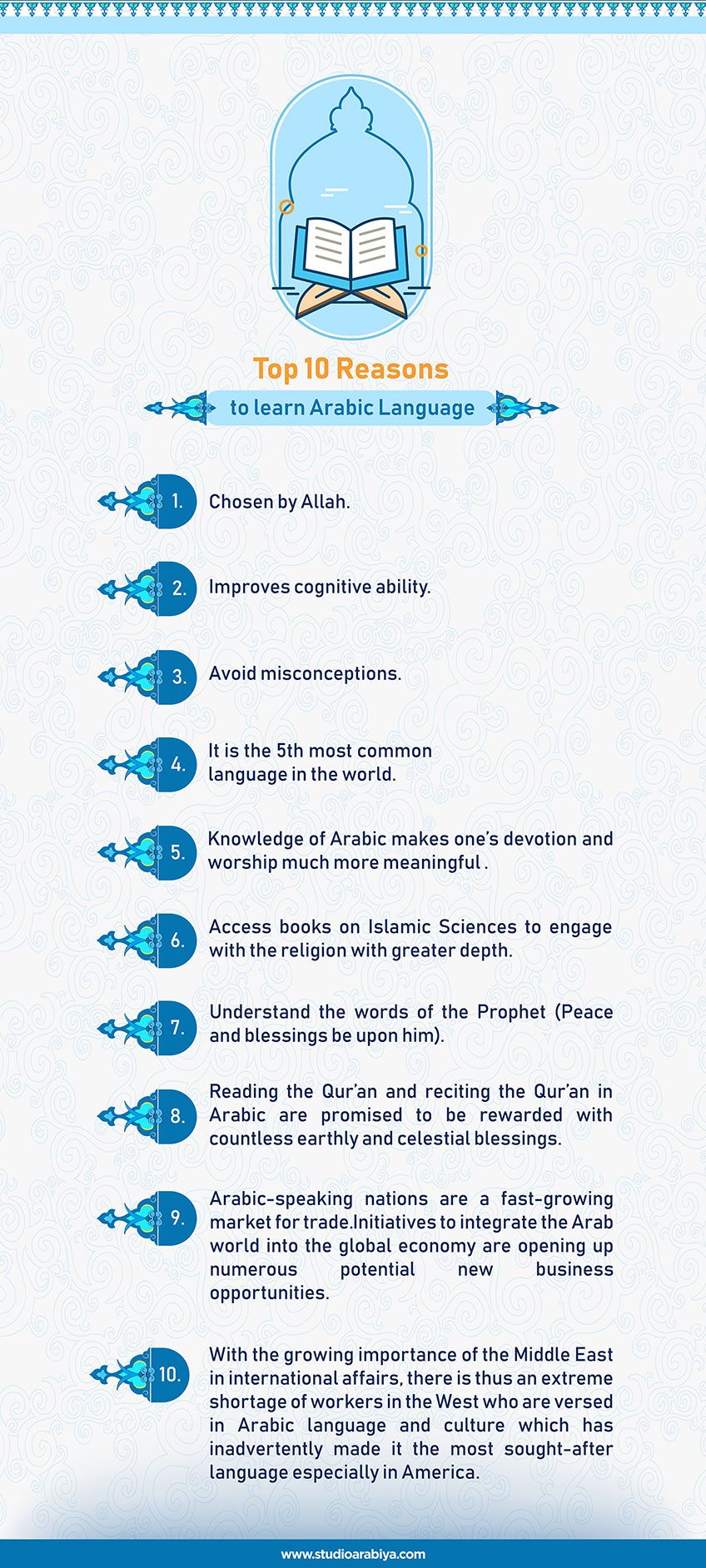Religion provides a framework for individuals to live their lives and serves as a reminder of what is right and wrong. It offers comfort during difficult times, promotes community and social cohesiveness, and encourages philanthropic activities. Additionally, religion promotes personal growth and development, fosters cultural identity, encourages forgiveness and reconciliation, and encourages respect for others. Finally, religion provides a basis for ethical decision-making and inspires hope for the future. Regardless of one’s beliefs, religion remains relevant in shaping society and improving the quality of life for individuals in today’s world.
10 Reasons Why Religion is Important in Today’s World
Over the years, the role of religion in society has become a frequent topic of debate among scholars and philosophers. Some argue that religion has become obsolete in modern times, while others believe that it remains significant in today’s world. Regardless of the arguments, religion plays a crucial role in shaping individuals’ lives and the society as a whole. Here are ten reasons why religion is still relevant in today’s world.
1. Provides moral guidance
One of the vital roles religion plays in society is providing people with a moral compass. Religious institutions teach their followers how to lead an ethical life, promoting values such as honesty, kindness, and empathy. This guidance provides a framework for people to live by and serves as a reminder of what is right and wrong.
2. Offers comfort during difficult times
Religion provides solace in difficult times, such as the loss of a loved one or going through tough experiences, like personal struggles or societal upheavals. Belief in a higher power helps people deal with stress, anxiety, and other negative emotions. It provides hope and comfort to help them through challenging times.
3. Promotes community and social cohesiveness
Religious institutions often play a pivotal role in bringing people together to form communities, promoting social cohesion, and building a sense of belonging among individuals. This sense of community can strengthen families and build relationships within neighborhoods, helping to foster unity, cooperation, and collaboration.
4. Encourages philanthropic activities
Religious groups are often involved in philanthropic activities such as feeding the homeless, building schools, and providing health care. These activities help improve the quality of life of the underprivileged and needy, which enhances social welfare and promotes kindness and compassion in society.
5. Provides personal growth and development
Religion encourages personal growth and development through spiritual and intellectual pursuits. It provides individuals with opportunities for self-exploration, self-reflection, and self-improvement, which are essential for personal growth.
6. Fosters cultural identity
Religion plays a significant role in fostering cultural identity and preserving cultural heritage. It helps to maintain values and traditions that have been passed down from generation to generation, which promotes cultural continuity and historical preservation.
7. Promotes forgiveness and reconciliation
Religions encourage forgiveness, reconciliation, and healing in broken relationships. The teachings of many religions promote compassion, love, and mercy, which can help individuals overcome resentment and bitterness, leading to reconciliation and healing.
8. Encourages respect for others
Many religious teachings emphasize respect and tolerance for others, regardless of their race, religion, or background. This respect encourages diversity and promotes peaceful coexistence between different communities, helping to reduce conflicts and tensions.
9. Provides a basis for ethical decision-making
Religious teachings provide a foundation for ethical decision-making. They help individuals determine right and wrong, consider the consequences of their actions, and take responsibility for their choices.
10. Inspires hope for the future
Religion provides hope for the future, both for individuals and for society as a whole. It inspires hope that things will get better, and that change is possible. This hope is essential in promoting positive change and driving progress towards a better future.
In conclusion, religion plays a vital role in today’s world, providing people with guidance, support, and inspiration. It promotes social cohesion, personal growth, and development, and fosters cultural identity and ethical decision-making. Whether it is through personal beliefs or community practices, religion remains important in shaping society and improving the quality of life for individuals.
